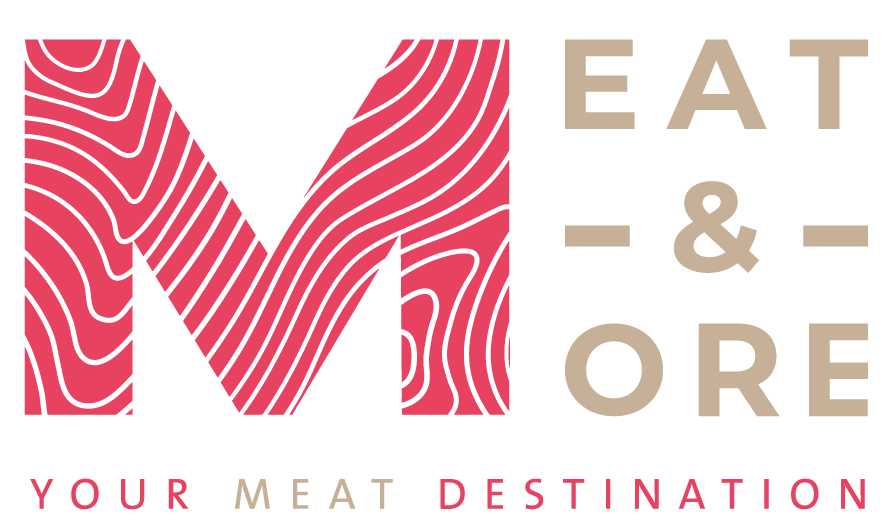Gout is a painful form of arthritis that occurs when high levels of uric acid in the blood cause crystals to form and accumulate in and around a joint .
Uric acid is produced when the body breaks down a chemical called purine, which Purines are found naturally in the body, and the body eliminates uric acid in urine. However, they are also found in some foods .
The gout diet is not a cure, but it may reduce the risk of recurrent gout attacks and slow the progression of joint damage. Especially during Ramadan, patients should follow a diet to prevent inflammation and pain .
A gout diet may help reduce blood uric acid levels, which are:
- Avoid some, but not all, foods that contain purines .
- Include some foods that can control uric acid levels .
-
A good rule of thumb is to eat moderate amounts of healthy foods .
General principles of the gout diet and typical healthy diet recommendations:
- Avoid high-fat meats such as liver, kidney, and sweetbreads, which contain high levels of purines and contribute to high blood uric acid levels .
- Reduce portion sizes of beef and lamb .
- Seafood. Some types of seafood—such as anchovies, oysters, sardines, and tuna—are higher in purines than other types, but the overall health benefits of eating fish may outweigh the risks for people with gout.
- Moderate portions of fish can be part of a diet for gout patients .
- Weight loss. Being overweight increases the risk of gout, and losing weight reduces the risk of gout. Research suggests that reducing calories and losing weight can help. Even without a purine-restricted diet, lowering uric acid levels and reducing the number of gout attacks, weight loss also reduces the overall stress on the joints .
- Complex carbohydrates: Eat more fruits, vegetables, and whole grains, which provide complex carbohydrates. Avoid foods and drinks that contain high fructose corn syrup, and limit your intake of naturally sweet fruit juices .
- Fats: Reduce your intake of saturated fats from red meat, fatty poultry, and high-fat dairy products .
- Proteins: Focus on lean meats, poultry, and low-fat dairy products as protein sources .
- Sugary foods and drinks: Reduce or avoid sugar-sweetened foods such as sweetened cereals, bakery products, and desserts .
Tips for gout patients during fasting
Gout patients should be careful about choosing the right foods because some foods can trigger attacks, the main cause of which is elevated uric acid levels .
When we talk about fasting periods, especially the holy month of Ramadan, all necessary precautions must be taken when breaking the fast for a gout patient .
Here are some tips for gout patients to consider when eating breakfast during Ramadan:
- It is preferable to eat a large amount of vegetables during the period from breakfast until suhoor, as they contain potassium, which is an important element for gout patients .
- Drink plenty of water from sunset until dawn .
- Avoid eating large amounts of sweets, as sugars increase joint pain and inflammation .
- Reducing foods that contain carbohydrates is very important .
- Drinking lemon water at any time, whether before breakfast or suhoor, is very important because it helps eliminate high uric acid levels in the blood .
- Take care to control blood sugar levels to avoid uric acid deposition and arthritis .
What does a gout patient eat?
There are some relatively safe foods that contain a low percentage of purines (however, it is required not to eat these foods in excess), and they are as follows :
- Seafood: Crab, shrimp, lobster, eel, white fish, fillet, salmon .
- Meat: duck, feather meat, skinless chicken (preferably thigh) .
- All kinds of vegetables: spinach, mushrooms, cauliflower, asparagus, potatoes, peas .
- Whole grains: such as oats, brown rice, and various types of starches .
- Legumes: including lentils, soybeans, and beans .
- Dairy products: especially low-fat dairy .
- Fruits of all kinds: especially citrus fruits .
- Allowed drinks: sugar-free juices, coffee, green tea, red tea .
- Vegetable oils of all kinds: including coconut, olive, and flaxseed oil .
- All herbs and spices .
- Nuts and seeds .
Doctors recommend that gout patients consume protein at a rate of 18-20 % of their total daily calories. This percentage varies depending on weight, age, and height .
What food is good for gout?
As we explained earlier, there are some foods that are permissible to eat in small quantities. However, there are foods and drinks that should be included in a gout patient's breakfast, including :
- Drink plenty of fluids, preferably 10-12 cups of water daily .
- All fruits and vegetables, because they contain a high percentage of fiber .
Gout diet
One of the most important tips that a gout patient should follow is to lose weight .
Gout medications are not sufficient. Instead, you must resort to nutritional therapy by following a diet based on healthy food alternatives and reducing the percentage of sugars, proteins, and harmful fats .
Happy Ramadan
Season's greetings
Consumer Awareness Department








Comments (0)
There are no comments for this article. Be the first one to leave a message!